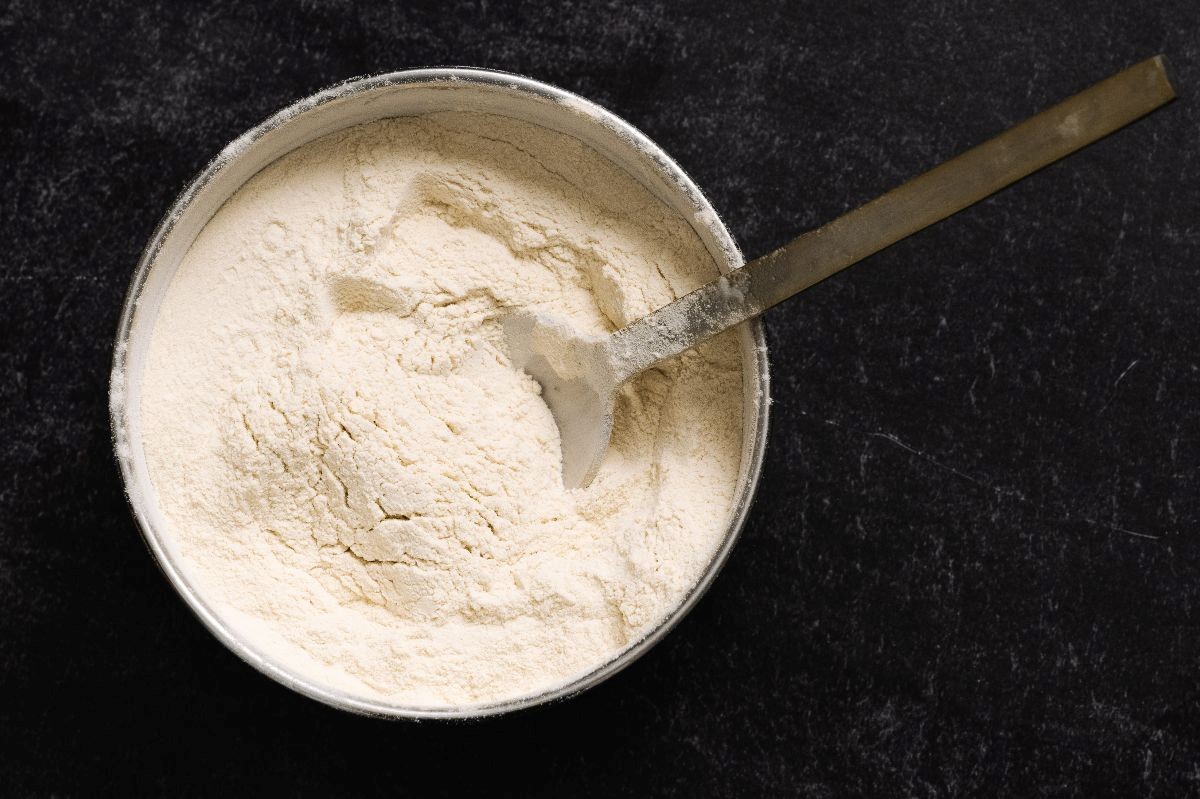

Mosa Meat seeks UK approval to bring cultivated beef fat to market
Mosa Meat has formally submitted its first request for market authorisation in the United Kingdom, focusing on the use of cultivated beef fat as an ingredient in hybrid meat products. The Dutch company, best known for unveiling the world’s first cultivated beef burger in London in 2013, is seeking approval through the Food Standards Agency’s (FSA) newly launched regulatory sandbox program.
The application covers the use of cultivated fat in products that combine animal-cell-derived ingredients with plant-based components, such as burgers, shepherd’s pie and meatballs. The hybrid approach is designed to enhance the sensory profile of plant-based alternatives by mimicking the flavor and mouthfeel of traditional meat more closely.
“We are thankful to the Food Standards Agency for engaging in valuable presubmission consultations with our food safety team,” commented Maarten Bosch, CEO of Mosa Meat. “We included their valuable feedback and have submitted our cultivated beef fat dossier for formal review. In essence, the regulatory sandbox is already making an impact on attracting innovative companies like ours to the UK market.”
Bosch described fat as "the soul of flavor" and said the ingredient developed by Mosa Meat aims to enrich both its own burgers and plant-based products, which he noted often fall short of delivering the full meat experience.
The FSA’s sandbox, supported by the Department for Science, Innovation and Technology, offers a controlled environment for food innovators to work collaboratively with regulators ahead of full market authorisation. Mosa Meat is one of just eight companies selected for the initial cohort.
“By starting with cultivated fat, we’re paving the way to introduce our first burgers to consumers while staying true to our long-term vision,” Bosch added. “Our initial products will combine cultivated and plant-based ingredients, leveraging our in-house expertise in both areas. Mosa Meat remains committed to building a more diverse and resilient food system – one that satisfies global demand while being kind to the planet.”
This latest step builds on a period of growing momentum for the Maastricht-based company. In December 2024, Mosa Meat became the first company to submit an application for cultivated beef in the European Union, followed by a similar request in Switzerland. Earlier this year, it also raised an additional £3.2 million (approximately US$4 million) through a crowdfunding campaign that hit its target in under half an hour.
Cultivated meat, also referred to as cultured or cell-based meat, is produced by growing animal cells in a controlled environment, without the need to raise or slaughter animals. Proponents argue the process could drastically reduce the environmental and ethical footprint of meat production.
A peer-reviewed Life Cycle Assessment cited by the company claims that cultivated beef could generate up to 93% fewer greenhouse gas emissions, require 95% less land, and consume 78% less water than industrial meat production. Advocates also point to additional benefits such as reduced antibiotic use, improved food safety through sterile production, and the potential to repurpose farmland for ecological restoration or regenerative agriculture.
Mosa Meat’s application represents a key milestone for the cultivated meat sector in the UK, where no such products have yet been authorized for sale. The regulatory process will now involve a detailed review of the company's safety dossier by the FSA.
While timelines for potential approval are not confirmed, Mosa Meat’s focus on cultivated fat as a stepping stone reflects a broader industry trend toward hybrid formulations, which are generally seen as a pragmatic route to market in regions with strict regulatory environments.
If you have any questions or would like to get in touch with us, please email info@futureofproteinproduction.com

.png)





.webp)
